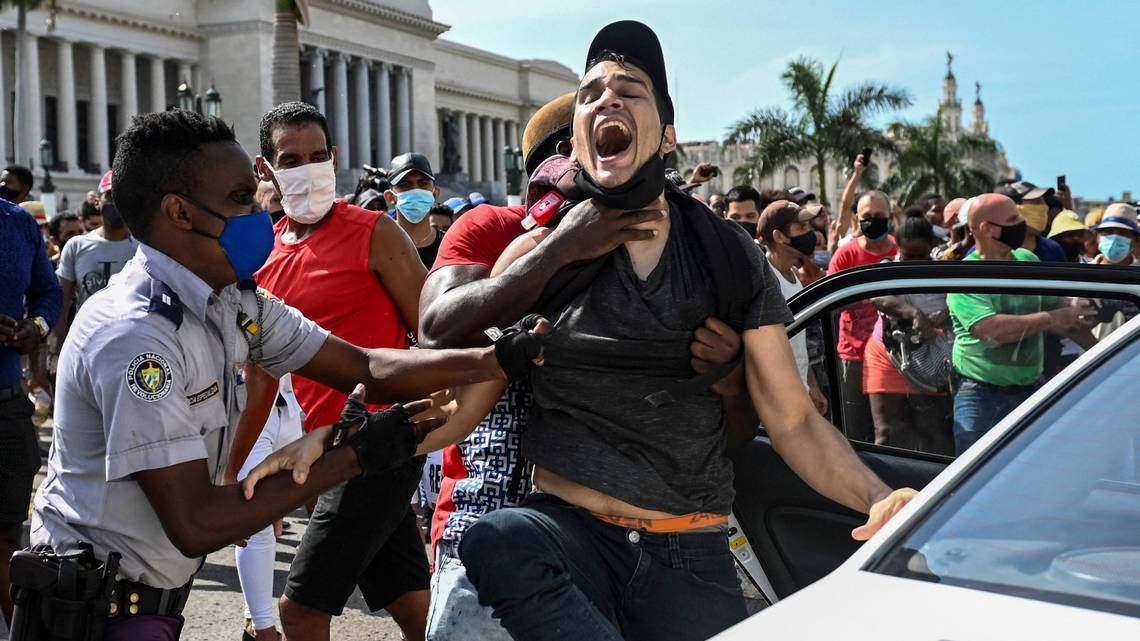HAVANA, (Reuters) – Cuba announced today it would conduct annual military exercises on Nov. 18-19, leading up to a day of civilian defense preparedness on Nov. 20, the same date dissidents plan human rights protests around the country.
The Communist-run country was rocked by social unrest for two days in July, with the biggest anti-government protests in decades resulting in hundreds of arrests, one death and calls for U.S. intervention by some Cuban-Americans.
A brief armed forces communique published in state-run media said the defense exercises, canceled last year, would resume in tandem with other activities as a vaccination campaign nears its goal of immunizing the entire population against COVID-19.
The aim of the Nov. 20 demonstrations, called by a Facebook group named Archipelago, is to call for civil liberties including the right to peaceful protest and an amnesty for imprisoned government opponents.
Well-known government opponents are among those who remain behind bars following the July 11-12 unrest, some facing long sentences.
Archipelago members say the group has some 20,000 members, many of whom live outside the country.
The government’s defence preparations are part of a military doctrine known as the “War of the Whole People” designed to respond to a U.S. invasion. The last day features thousands of civilians evacuating work centers, tending to the wounded, engaged in weapons training and logistical support such as making bullets and cooking.
Civilians have also been used in the past to bolster the government in times of public dissent, with protesters harassed by members of local block committees known as Committees for the Defense of the Revolution, for example, or official trade unions.
“They intend to further militarize the country for 20N, (Nov. 20)” tweeted playwright Yunior Garcia, administrator of Archipelago and leader of the planned protests.
Unlike the July unrest, which was largely spontaneous, the group has requested permission for marches in various cities on Nov. 20, to which the government has yet to respond.
“Faced with the civility of our march, they respond with the threat of arms. Why so afraid that people will speak their minds? Weapons, no! Rights,” Garcia said.
Authorities in Cuba have long termed dissenters small groups in the pay of the United States. They charge their opponents are working with Washington to whip up unrest during the pandemic and to impose ever harsher economic sanctions in hopes of overthrowing the government.
Residents have faced food, medicine and other shortages amid coronavirus lockdowns and a severe blow to the tourism industry, and have had to endure long lines, high prices and power blackouts for the last few years.





